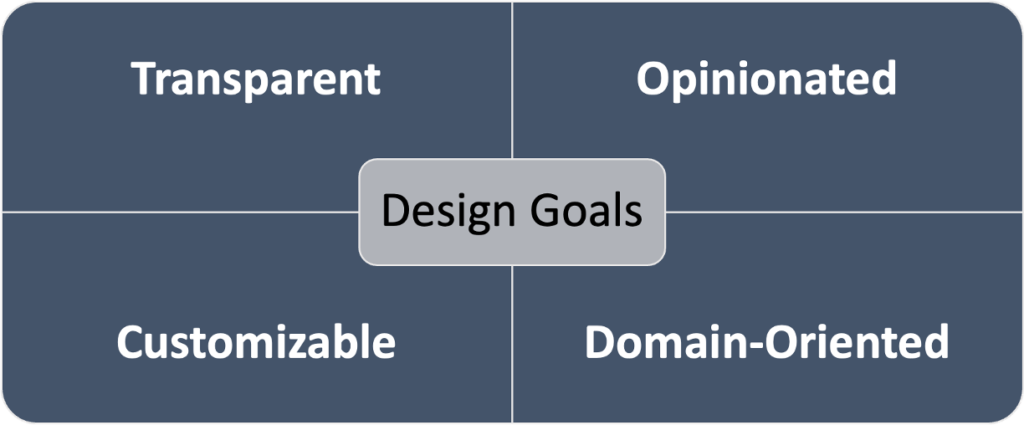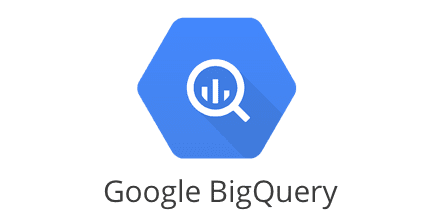Rapier is a code generation companion library for Google Dagger. It is designed to reduce boilerplate by generating Dagger modules for fetching configuration data from common sources.

If you’ve ever written Dagger code like this:
@Component(modules = {RapierExampleComponentEnvironmentVariableModule.class})
public interface ExampleComponent {
@EnvironmentVariable(value = "TIMEOUT", defaultValue = "30000")
public long getTimeout();
}Then Rapier can help!
Continue reading “Introducing Rapier”


